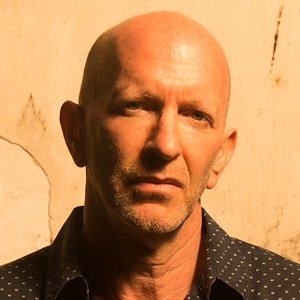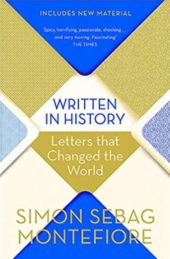What first attracted you to the period or periods you work in?
I write mainly about Russia, the Caucasus and the Middle East. My mother’s family were refugees fleeing the pogroms of Romanov Russia, especially Lithuania, Poland and Odessa, and so I was always fascinated by those worlds and that led me to Catherine the Great and Potemkin, my first book. As a war correspondent in the 1990s I covered Georgia, Azerbaijan and Armenia during the Karabakh war; Ossetia and Abkhazia; Chechnya and Grozny; and the fighting in Moscow in 1993, so that made me even more fascinated in the period. All roads led to Stalin and I started to write about him. For Jerusalem, I had visited the city often and been fascinated by its history, so I always planned to write my biography of the city and the Middle East.
Can you tell us a little more about how you research? Has the process changed over the years?
My first three big history books were based on archival research so I simply went to the archives in Moscow, Tbilisi, London and Paris amongst others. Now my books are more based on synthesis and wide reading, but I always use old fashioned notecards.
The common phrase is that history is written by the victors. Do you think this is true?
Yes, often, but it is also frequently written by the survivors and victims who outlive the victors.
Are there any historians who helped shaped your career? Similarly, can you recommend three history books which budding historians should read?
I was very influenced by Simon Schama’s Citizens: A Chronicle of the French Revolution and Isabel de Madariaga’s Russia in the Age of Catherine the Great. Also Cromwell, Our Chief of Men by Antonia Fraser, and Peter the Great by Robert Massie
If you could meet any figure from history, who would it be and why? Also, if you could witness any event throughout history, what would it be?
I would love to meet Catherine the Great, Herod, Nero, Stalin, Balzac, have dinner with Proust and attend Yalta and the Congress of Vienna.
If you could add any period or subject to the history curriculum, what would it be?
There’s far too much Tudors and British imperial history. We need more Asia, Africa and South America FAST.
If you could give a piece of advice to your younger self, either as a student or when you first started out as a writer, what would it be?
My advice is to start writing now; keep a diary to practice; then if you want to do books, write a book. Don’t wait too long; finish it and start rewriting – it is all in the editing and rewriting.






